Organic emissions highlighted at 20th anniversary of Stockholm Convention
China's efforts to control organic pollutants won recognition from foreign ecological experts on Friday.
"China's pivotal role in global chemical management cannot be overstated," said Rolph Payet, executive secretary of the Secretariat of the Basel, Rotterdam and Stockholm Conventions. "From ratifying amendments to implementing its national plans, China has exemplified dedication in tackling persistent organic pollutants."
"China's active participation in scientific processes under the Stockholm Convention, such as the global monitoring plan for persistent organic pollutants, underscores its commitment to not only national implementation but also to regional and global progress," Payet said.
He made the remarks at a meeting organized by the Ministry of Ecology and Environment to celebrate the 20th anniversary of the Convention entering into force in China.
The Convention, formally known as the Stockholm Convention on Persistent Organic Pollutants, was adopted in 2001 and came into force in 2004, with China being one of the first countries to sign the convention. With 186 parties, the convention has achieved nearly universal participation and has broadened from initially addressing 12 types of persistent organic pollutants to covering 34 types.
Persistent organic pollutants are toxic chemicals that persist in the environment, accumulative through the food chain and have the potential for long-range environmental transport, posing risks to human health and the environment. Examples involve certain pesticides, industrial chemicals and unintentional byproducts of industrial processes.
Being the biggest contributing part to the Convention's core budget, China has endeavored to regulate these pollutants and its domestic measures have greatly increased, said Inger Andersen, executive director at the United Nations Environment Programme.
China has phased out 29 of the 34 types of the pollutants, cleaned up over 100,000 metric tons of persistent organic pollutant waste each year and brought down the emission intensity of dioxins in major industries, Andersen said.
"In basic terms, persistent organic pollutants can be categorized into two groups: those intentionally created by human activities as products, which China has striven to eliminate, and those like dioxins, which are byproducts commonly generated during processes with chlorine and carbon and are challenging to avoid completely," said Hu Jianxin, professor at the College of Environmental Sciences and Engineering at Peking University.
Hu added that by implementing strategies such as restructuring the national industrial framework and enhancing technological capabilities to capture and deposit these persistent and inevitable substances, China has successfully reduced dioxin emissions while maintaining steady national development.
Zou Ciyong, deputy to the director general and managing director at the United Nations Industrial Development Organization, pointed out that to tackle industrial and environmental challenges, it is important to expand from downstream interventions and end-of-pipe approaches to a comprehensive and scientific look at the entire product chain, and "move from the elimination of legacy persistent organic pollutants to address the use of such pollutant chemicals in products and introduction of innovative process in production systems".
As the only province in China boasting all 41 types of industrial sectors categorized by the UN, Shandong has encouraged local enterprises to find green alternatives for materials like fire retardant, according to Zhou Liwei, vice-governor of the province.
In addition, while emphasizing the interlink between chemical management and sustainable agriculture, Maria Helena Semedo, deputy director-general of the Food and Agriculture Organization of the United Nations, praised China for its achievements in phasing out the production, use, import and export of the majority of pesticide persistent organic pollutants through policies and programs, promoting safer alternatives and advocating greener agricultural production practices.
"Together, we must push the boundaries of innovation, science and technology to develop sustainable solutions to manage persistent organic pollutants," she said.








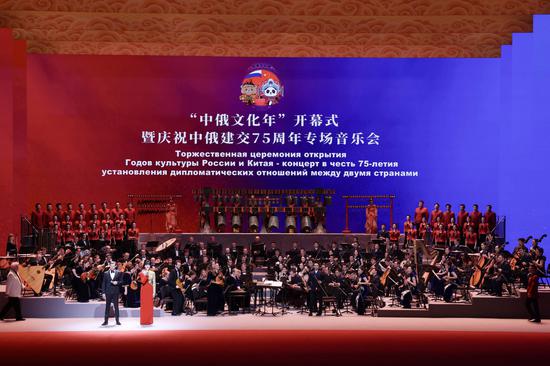
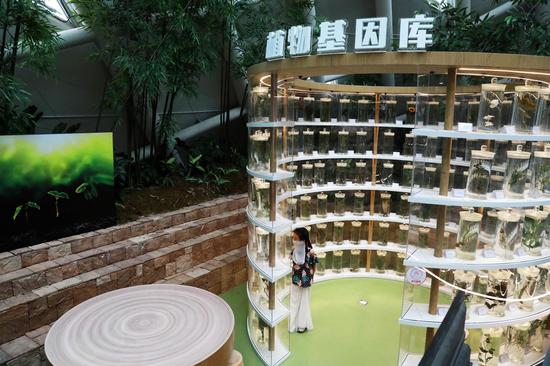
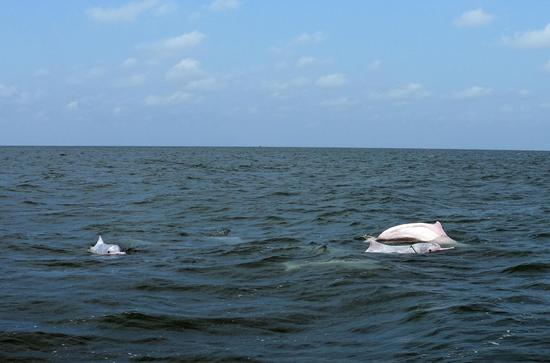
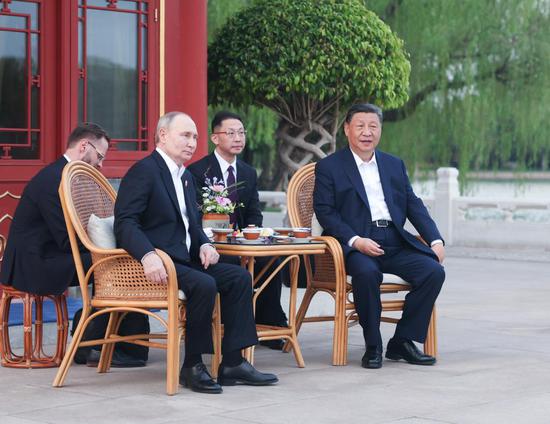
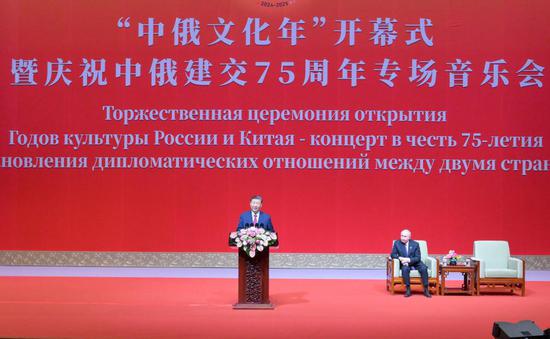
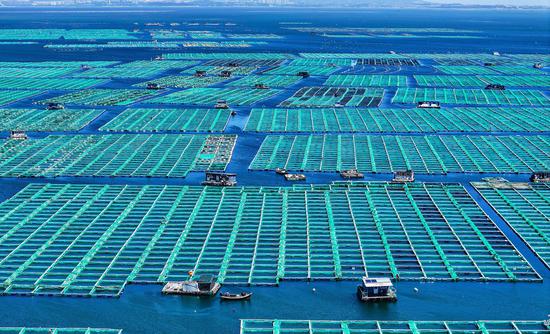


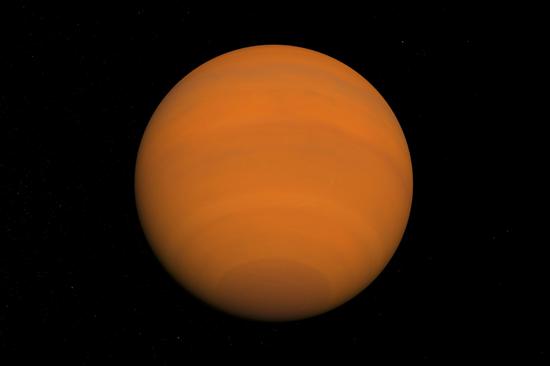


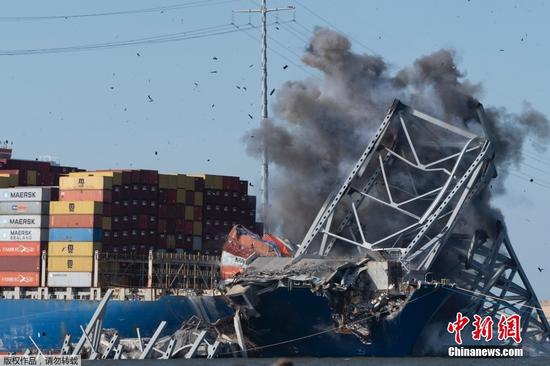



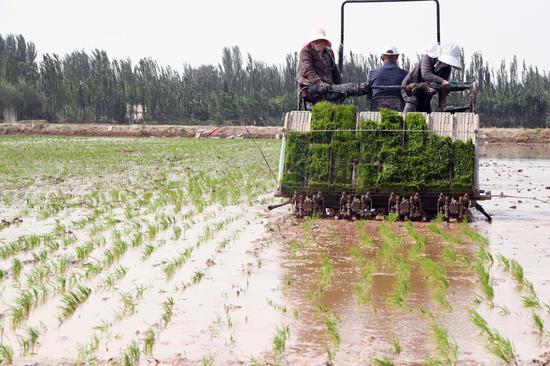
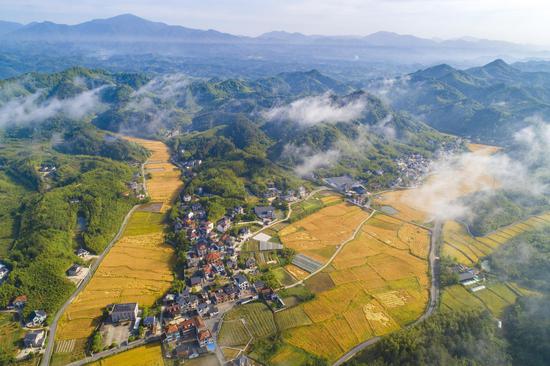
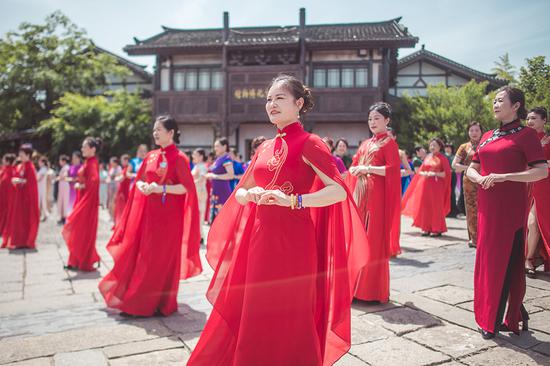
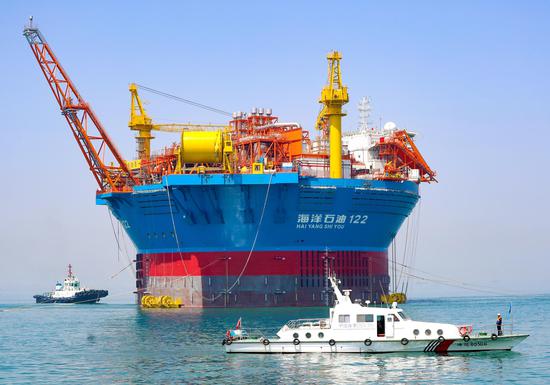
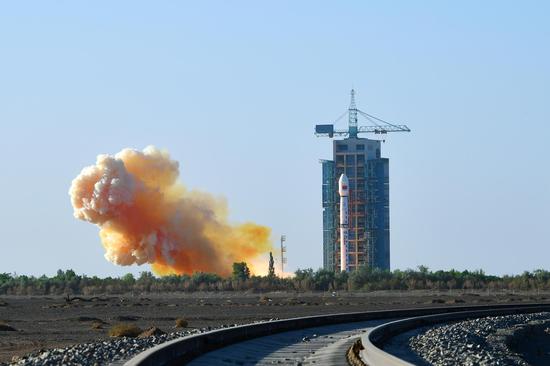
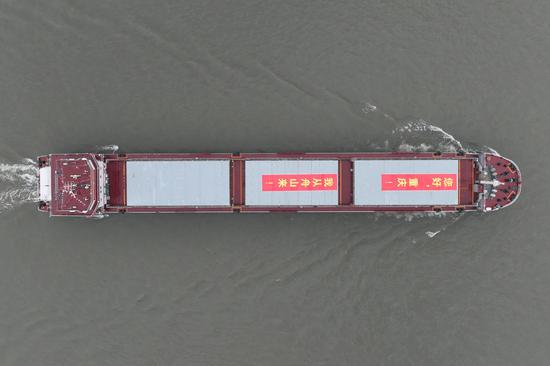

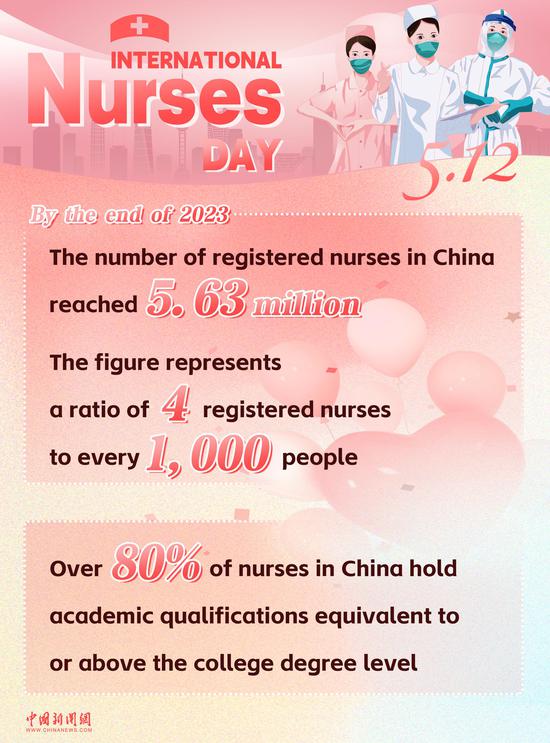

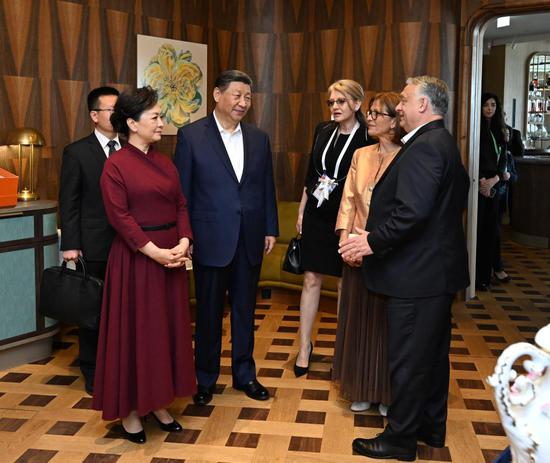
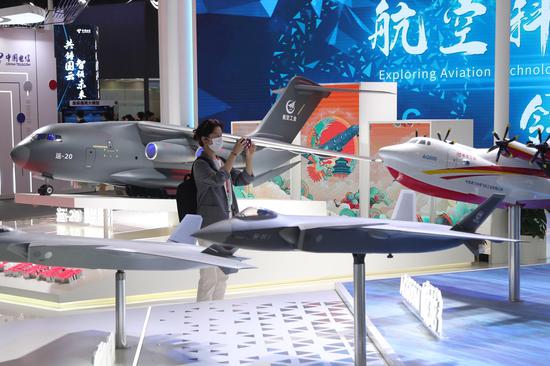


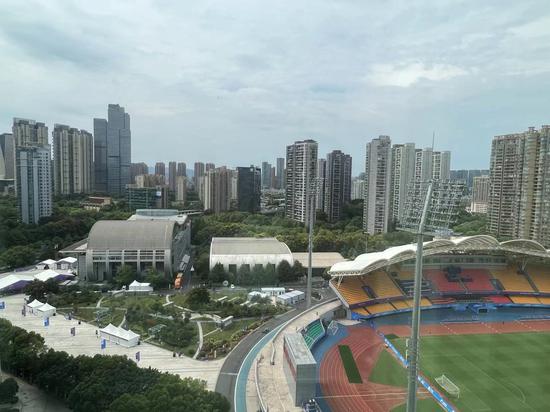
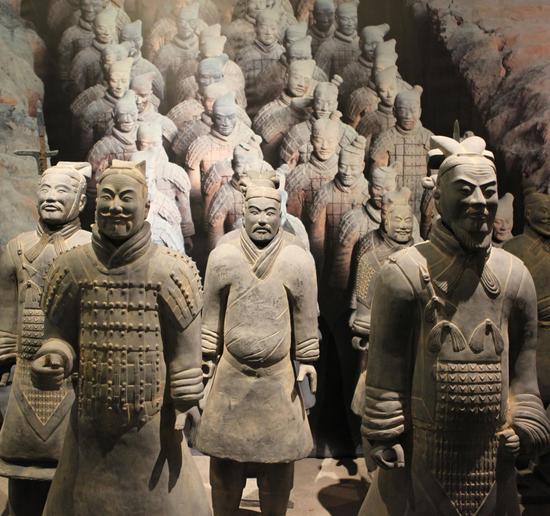


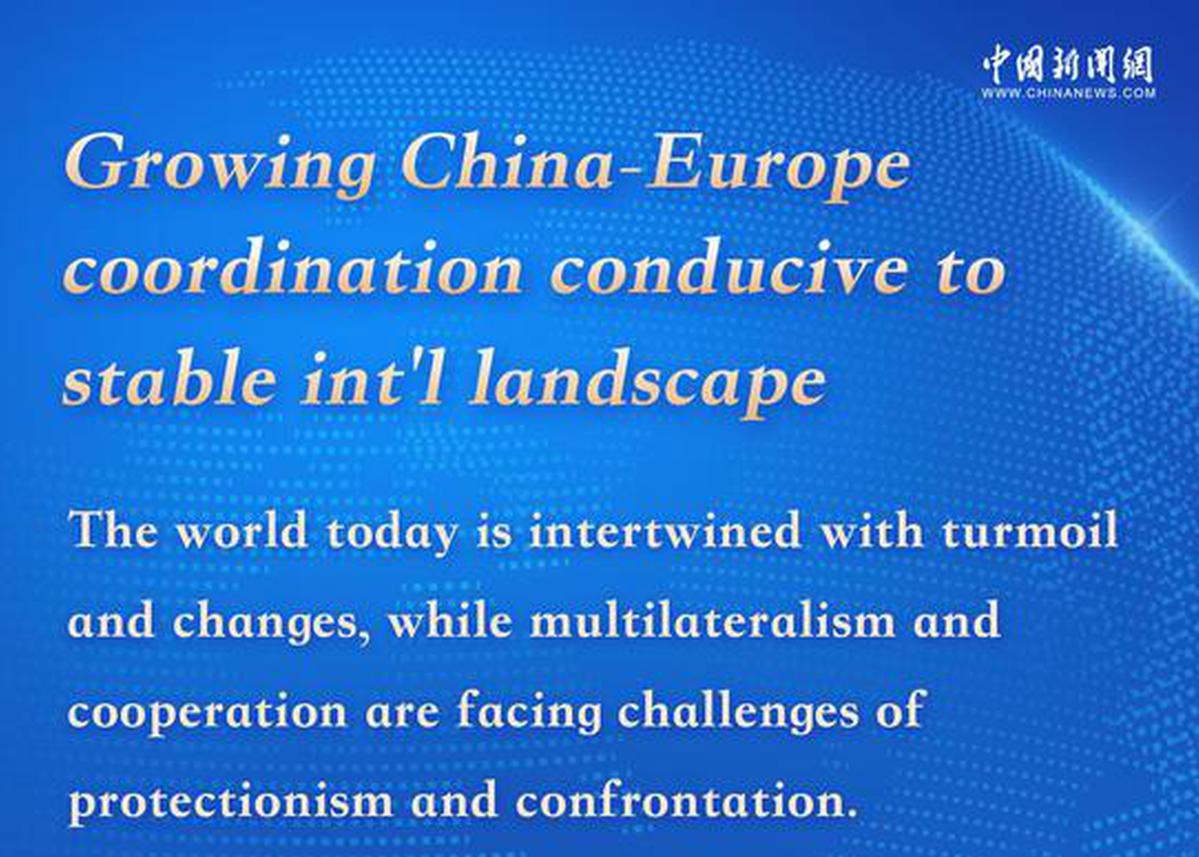
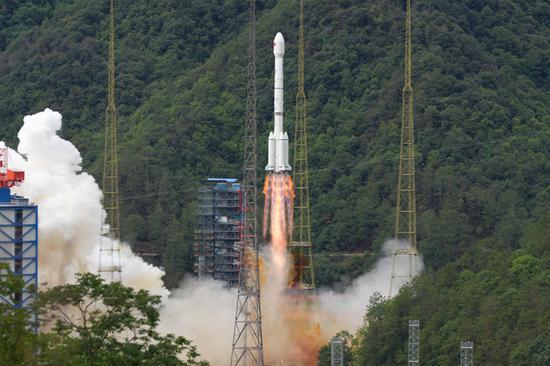

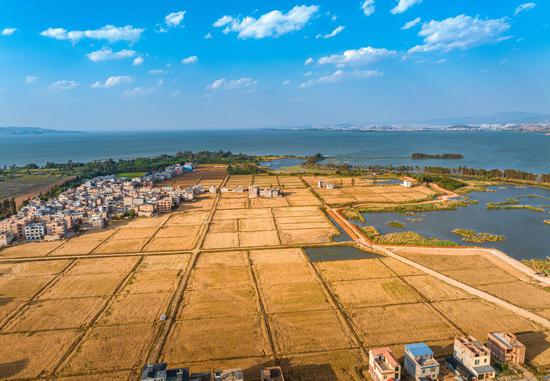
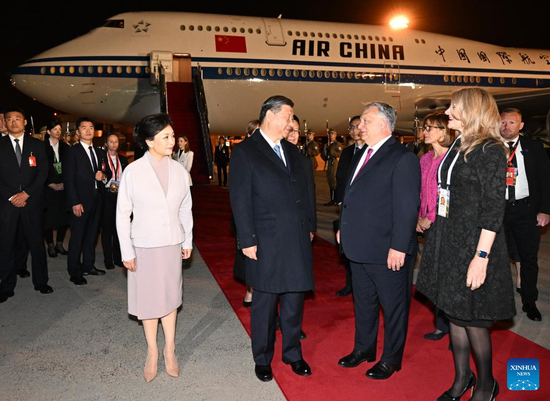





 京公网安备 11010202009201号
京公网安备 11010202009201号